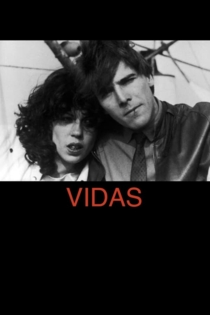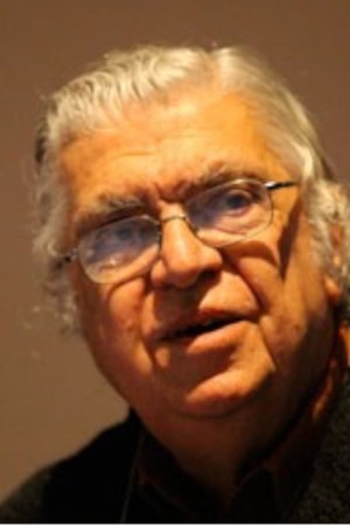
António da Cunha Telles
1935 (91 год)Nasci com a Trovoada: Autobiografia póstuma de um cineasta
Leonor Areal
Manuel Guimarães, António da Cunha Telles
The autobiographical texts and letters by film director Manuel Guimarães, and exchanged by him with friends, are the axis for the intimate narrative of his life, social concerns, passion for movies - while revisiting many movies of the 20th century and his complete filmography. One segment documents the epic way directors attempted to bypass official censorship to show their movies out of the country.
Born with a Thunderstorm
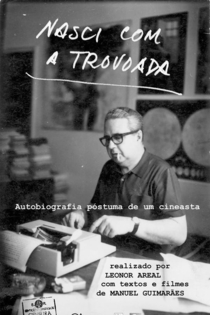
As Armas e o Povo
Glauber Rocha, Fernando Lopes
Glauber Rocha, Adelino Gomes
Film directors with hand-held cameras went to the streets of Lisbon from April 25 to May 1, 1974, registering interviews and political events of the Portuguese "Carnations Revolution", as that period would be later known.
As Armas e o Povo
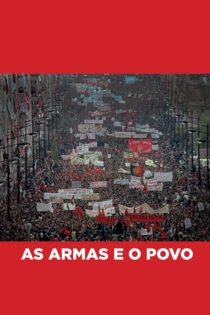
Lisboa no Cinema, Um Ponto de Vista
Manuel Mozos
Alberto Seixas Santos, António da Cunha Telles
The city during the beginning of cinema. The typical city at the time of the dictatorship. The New Lisbon of the New Cinema. Lisbon after the Revolution. The white city of foreigners. A geographical and moviegoer screenplay of Lisbon through the images of films and testimonies of several filmmakers who filmed in Lisbon.
Lisboa no Cinema, Um Ponto de Vista
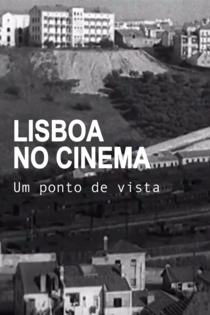
O Cerco
António da Cunha Telles
Maria Cabral, Miguel Franco
A look at the urban society of the seventies. The story of Marta a young and pretty girl, who leaves her husband to search for her true identity. She doesn't quite know what she wants, but at least she knows what she's escaping from. Soon she encounters financial difficulties and finds herself involved with shady characters, a situation that leads to a mysterious murder. The net closes around her.
The Circle
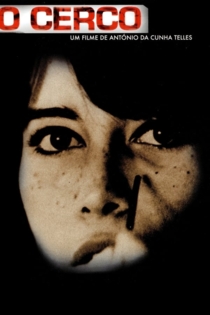
Continuar a Viver ou Os Índios da Meia-Praia
António da Cunha Telles
The film documents the start, and difficult progress of a house cooperative in the fishermen's village of Meia Praia, during the revolutionary process in Portugal, from April 25, 1974 until mid-1976. - IMDb
Continuar a Viver ou Os Índios da Meia-Praia
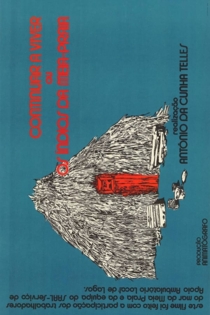
Pandora
António da Cunha Telles
Inês de Medeiros, Pedro Hestnes
It's September in Lisbon… Elsa’s young daughter leaves with her father, and Teresa, a friend’s friend, comes to stay in her room. One night the two women go out and meet Raul, a vagrant lover of Elsa. A triangle takes form. They finish the night on a boat by the name of Pandora, but in the morning Raul sails away, alone. Elsa and Teresa will start a new life...
Pandora
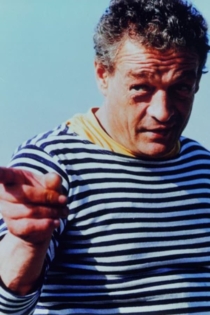
Kiss Me
António da Cunha Telles
Marisa Cruz, Manuel Wiborg
This movie bring us a story about a woman named Laura (Marisa Cruz) that lives in a small portuguese town during the 50's. Tired of living in such a small town she travells to a bigger town, in which she'll have the opportunity to feel free.
Kiss Me

Meus Amigos
António da Cunha Telles
Lia Gama, Manuela Maria
Filmed just before the Carnation Revolution of 1974. Dark portrait of a group of friends who used to be colleagues at the University in 1962. Ten years later, they have lost all their ideals. With Lisbon on the background they discuss politics, love, culture; each of them has reached a deadlock. The camera remains still while it registers the dissolution of their dreams.
Meus Amigos

An Indian in War - Life and Work of António-Pedro Vasconcelos
Pedro Clérigo, Leandro Ferreira
António-Pedro Vasconcelos, Mário Barroso
A retrospective on the life and work of Portuguese director António-Pedro Vasconcelos.
An Indian in War - Life and Work of António-Pedro Vasconcelos
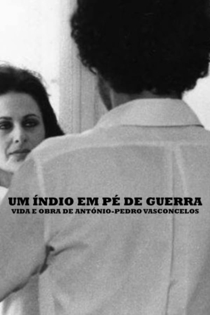
Chamo-me António da Cunha Telles
Álvaro Romão
António da Cunha Telles
António da Cunha Telles is an unavoidable personality of Portuguese cinema. As a producer, he was at the origin of Portuguese New Cinema by producing Paulo Rocha's film Os Verdes Anos, Fernando Lopes film Belarmino and António de Macedo's film Domingo à Tarde. As a director he gave him a second breath with his film O Cerco. As a distributor he brought Ivan The Terrible and the Potemkin Battleship from Sergei Eisenstein. As exhibitor he showed us Deus, Pátria, Autoridade de Rui Simões of Rui Simões and The Salt of the Earth by Herbert J. Biberman. But António considers himself more a director than anything else. With a scarce and uneven filmography, his films have, however, been a reflection of the time they were made, showing that António da Cunha Telles is, above all, an attentive spectator, not only of films, but of life.
Chamo-me António da Cunha Telles

